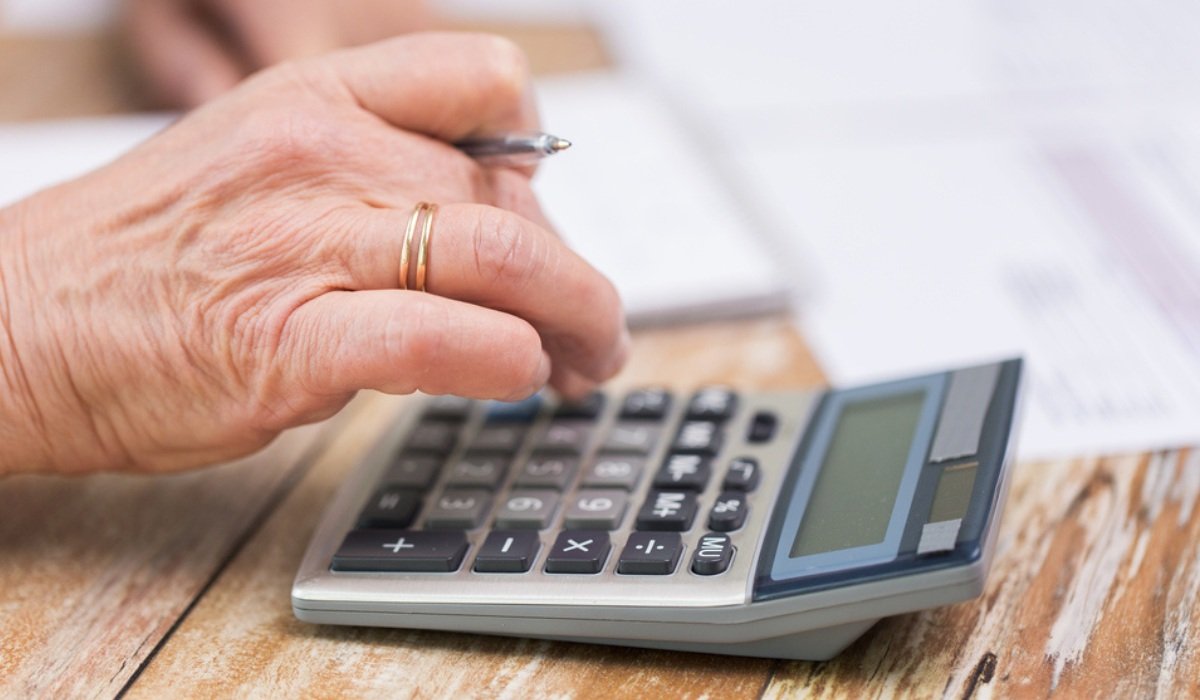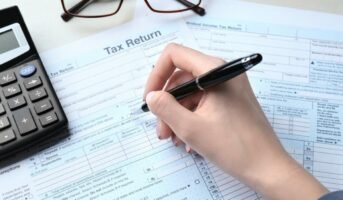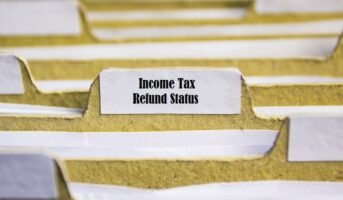There are numerous ways for senior citizens to make a living. It may come in the form of a pension, savings account interest, rental income, fixed deposit, reverse mortgage or another type of income. The Income Tax Act states that these earnings are taxable.
Explanation of pension income
Pension income is money received by an individual during their retirement years. It is typically provided to individuals who have contributed to a pension plan or retirement scheme during their working years.
Types of pension income
- Employer-sponsored pension plans
- Government pension schemes
- Individual retirement accounts
- Annuities
Tax exemption for senior citizens/pensioners
A resident is considered a senior citizen if they are 60 years of age or older but under 80 as of December 31st of the previous year. Pensions, rental income, interest on reserves, FD, senior citizen savings programmes, reverse mortgages, and post office programmes are among the sources of income for seniors. A CBDT directive states that cases involving senior citizens cannot be examined unless an assessment is required based on reliable information.
Taxation of pension income
The basic salary, rent allowance, fixed reimbursements, and other sources of income are used to determine how much income tax is due by senior citizens. However, seniors are granted higher exemption amounts than those who are under 60 years old.
All of the income, as well as the permitted exemptions and the income tax slab for FY 2022–23, are taken into account when calculating an elderly person’s income tax. The calculator can be used to calculate your taxable income once you have all the information.
The tax exemption threshold for senior citizens (those between the ages of 60 and 80) and super seniors is the same under the new tax system (above the age of 80).
Income tax slabs for Senior and Super Senior Citizens FY 2023-24 under New Tax Regime
| Income tax slabs | Tax rate |
| Up to Rs 2,50,000 | None |
| Rs 2,50,001- Rs 5,00,000 | 5% |
| Rs 5,00,001- Rs 7,50,000 | 10% |
| Rs 7,50,000- Rs 10,00,000 | 15% |
| Rs 10,00,000- Rs 12,50,000 | 20% |
| Rs 12,50,000- Rs 15,00,000 | 25% |
| Above Rs 15,00,000 | 30% |
- Income tax exemption limit is up to Rs 2.5 lakh.
- Surcharge of 10% of income tax is applied if the total income is greater than Rs 50 lakh and up to Rs 1 crore.
- 15% of income tax is added as a surcharge if total income exceeds Rs 1 crore.
The table for the income tax slab for the FY 2022–2023 under the previous tax system are provided below:
For individuals above 60 years of age and below 80 years of age under old tax regime
| Income tax slabs | Tax rate |
| Up to Rs 3,00,000 | Nil |
| Rs 3,00,000- Rs 5,00,000 | 5% of income over Rs 3,00,000 |
| Rs 5,00,001- Rs 10,00,000 | Rs 10,000 + 20% of income over Rs. 5,00,000 |
| Above 10,00,000 | Rs 1,10,000 + 30% of income over Rs 10,00,000 |
For individuals above 80 years of age under old tax regime
| Income tax slabs | Tax rate |
| Up to Rs 5,00,000 | Nil |
| Rs 5,00,001- Rs 10,00,000 | 20% of income over Rs 5,00,000 |
| Above Rs 10,00,000- Rs 12,50,000 | Rs 1,00,000 + 30% of income over Rs 10,00,000 |
- Surcharge of 10% of income tax is applied if total income exceeds Rs. 50 lakh but does not exceed Rs 1 crore.
- If total income exceeds Rs 1 crore, a 15% income tax surcharge is applicable.
- If total income exceeds Rs 2 crore, a 25% income tax surcharge is applicable.
- If total income exceeds Rs 5 crore, a 37% income tax surcharge is applicable.
Additional health and education cess of 4% is also appliable.
Income tax for pensioners: Senior citizen income tax filing
In order to receive their tax refund, senior citizens must file an income tax return. The Income Tax Return (ITR) forms listed below must be completed by senior citizens:
ITR I- Person whose total annual income includes
- Paycheck or pension
- Income from a home or other asset (excluding incidents where loss is brought forward from previous financial years)
- Earnings from unrelated sources (excluding income from horse racing or winning the lottery)
ITR 2- Person whose total annual income includes
- Paycheck or pension
- Income from a home or other asset
- Monetary gains
- Earnings from unrelated sources (including winning from horse racing and lottery)
- Occurrences where the individual’s income must be combined with the income of another person, such as a spouse or family member
Tax exemptions for pensioners
- Pension provided to the employees of the UNO or their family members.
- Judges of the Supreme Court and High Court are eligible for exemptions for half of the commuted pensions received by them.
- The interest from Public Provident Fund (PPF) qualifies for exemption.
- Those who have received accolades such as the Maha Vir Chakra, Param Vir Chakra, etc. are eligible for tax exemptions.
- Pension given to widows, children and people dependent on the assessee.
Income tax for pensioners: Union’s 2020–21 budget senior citizen deductions
- Health protection: Senior citizens may deduct up to Rs 50,000 annually for their medical costs and/or health insurance premiums under Section 80D. Seniors who are dependent upon you may be eligible for a deduction of up to Rs 1 lakh for previously listed critical illnesses. This is covered by Section 80DDB.
- Pension: A standard deduction of Rs 50,000 is made for pensions. This applies to annuity-based pensions, which are taxed similarly to salary income. It is covered by Section 80D.
Benefits from income tax for seniors/pensioners
- Interest Income: Senior citizens (Indian residents) who earn interest of up to Rs. 50,000 in a fiscal year are exempt from taxation. The benefit is given in accordance with Section 80TTA. The ITR must be filed along with Form 15H.
- Reverse mortgage: Senior citizens receive special benefits under this. Their property value can be turned into EMIs under this programme, which will help them supplement their income. Senior citizens are not required to pay taxes on the monthly amount they receive from the government.
- Advance tax: Seniors do not have to pay advance tax because they do not have business income for the year. They are only required to pay the Self-Assessment (SA) Tax, which is determined after determining the total amount of tax due for the fiscal year.
FAQs
What are the senior citizen deductions for 2022-23?
The deduction is worth Rs. 1 lakh for senior citizens and Rs. 40,000 for non-senior citizens.
What is the senior citizen income tax exemption amount?
Senior Citizens between the ages of 60 and 80 would be exempt from taxes on financial gains up to Rs. 3,00,000.
| Got any questions or point of view on our article? We would love to hear from you. Write to our Editor-in-Chief Jhumur Ghosh at [email protected] |
Priya Banerjee, a writer with a keen eye on the property market, she deciphers the ever-changing trends in residential real estate. Priya excels at simplifying complex real estate terms, making them easy for everyone to understand. Her well-researched advice helps buyers and investors understand complex topics.











